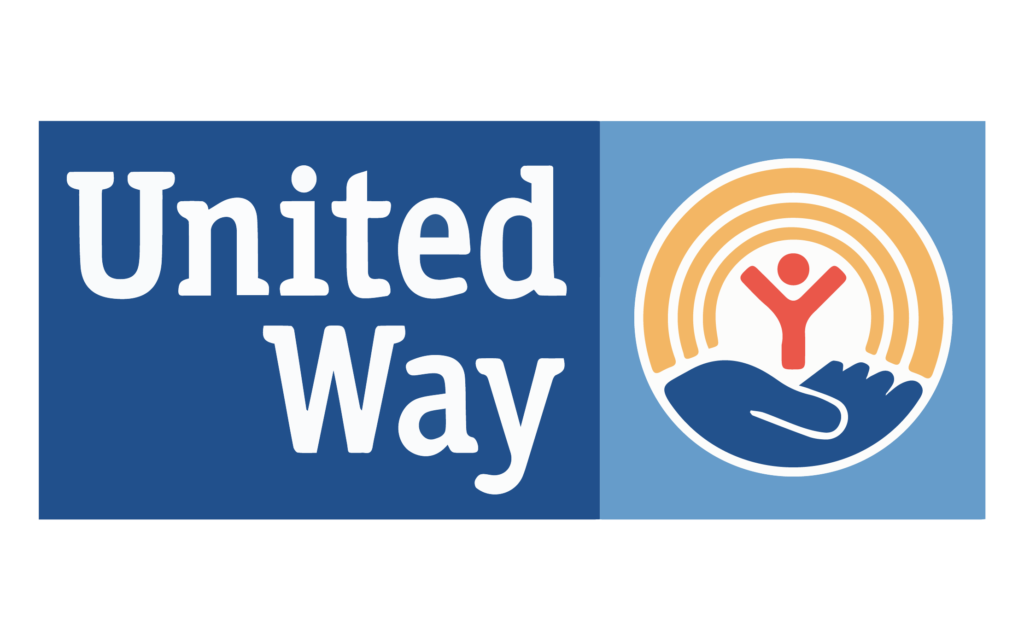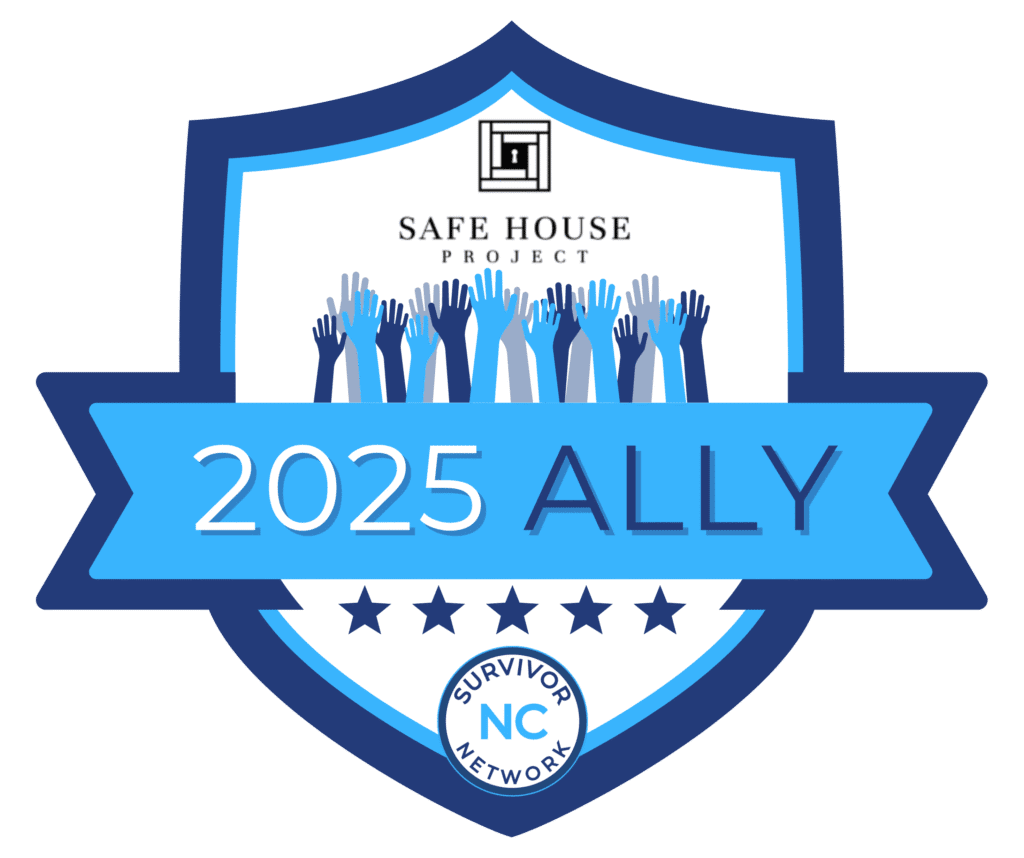Equipping Healthcare Workers to Join the Fight
The H.O.P.E. (Healthcare Observations for the Prevention & Eradication of Human Trafficking) training is a survivor-informed, trauma-informed, and patient-centered virtual course. It equips healthcare professionals with the knowledge and skills to identify potential victims, provide support, and offer essential resources.

90% of victims will come in contact with a healthcare professional during the course of their trafficking.
Human Trafficking Training Form
Healthcare Resources
Access a range of tools designed to support healthcare professionals in the fight against human trafficking:
Earn your Continuing Education Credits
In collaboration with Eastern Virginia Medical School, Safe House Project offers accredited continuing education (CE) credits for completing the H.O.P.E. training. This program fills a critical gap in medical education, ensuring that healthcare providers are prepared to recognize and respond to signs of human trafficking.
Eastern Virginia Medical School
ACCREDITATION STATEMENT
This activity has been planned and implemented in accordance with the accreditation requirements and policies of the Accreditation Council for Continuing Medical Education (ACCME) through the joint providership of Eastern Virginia Medical School and Safe House Project. Eastern Virginia Medical School is accredited by the ACCME to provide continuing medical education for physicians.
CREDIT DESIGNATION
Eastern Virginia Medical School designates this live activity for a maximum of .25 AMA PRA Category 1 Credit™. Physicians should claim only the credit commensurate with the extent of their participation in the activity.
Testimonials
Meet the Team of Experts
Dr. Douglas Ayres, MD
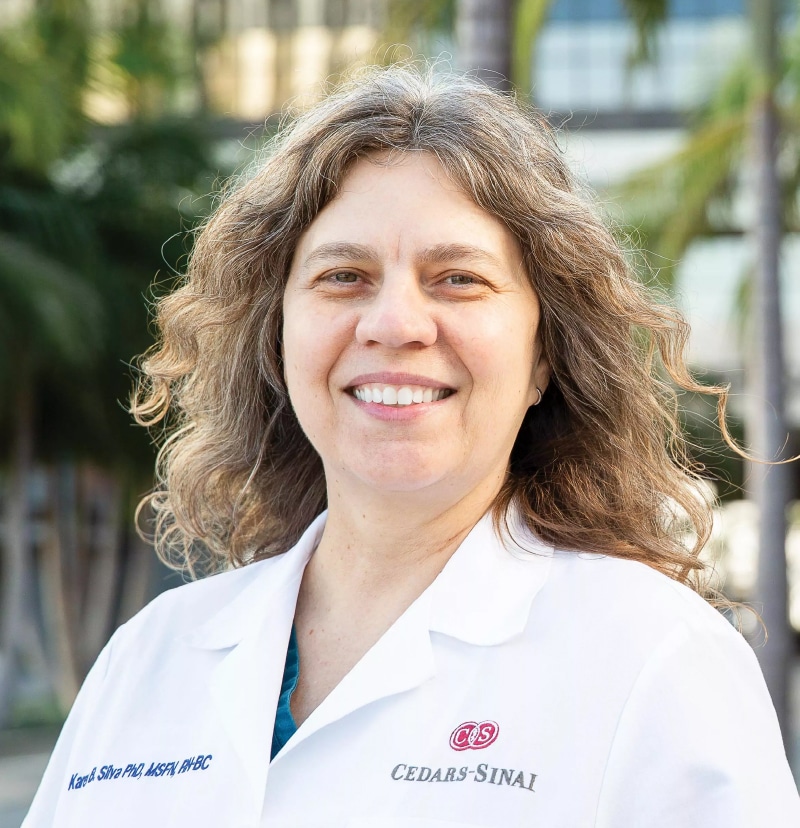
Karen B. Silva
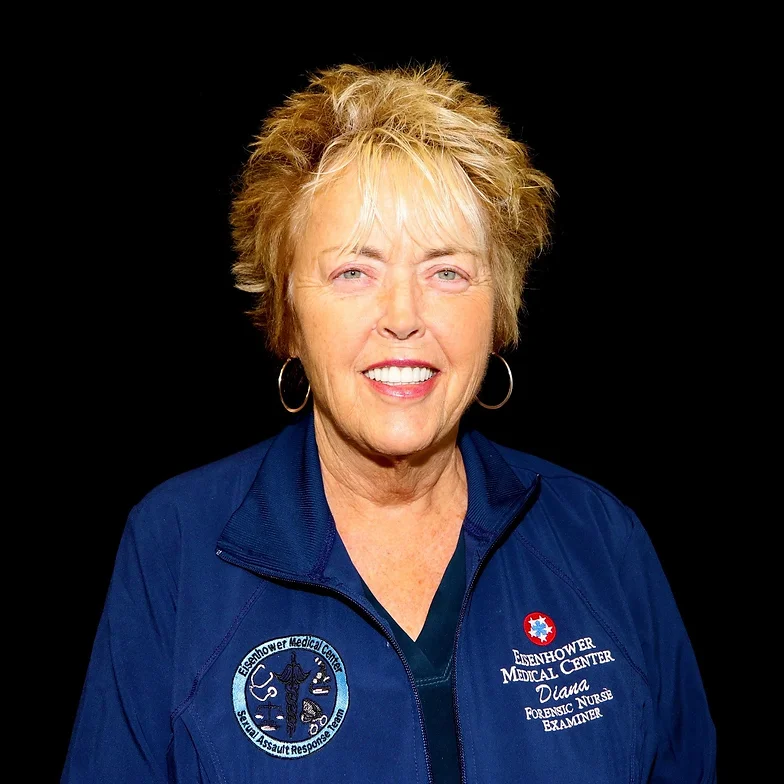
Diana Faugno

Dr. Marlene Carson
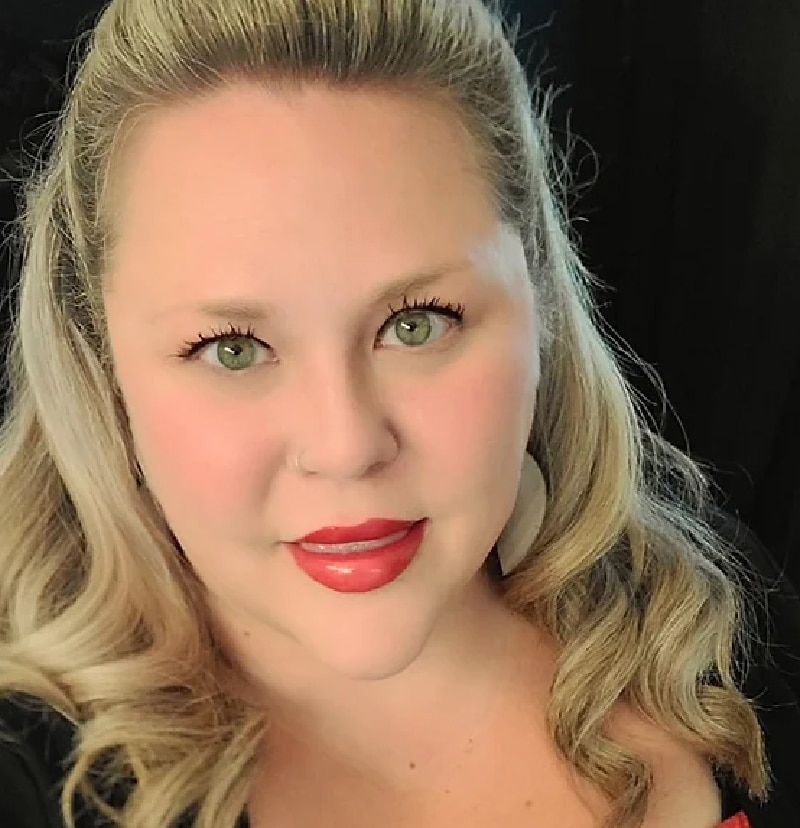
Christine Foote-Lucero
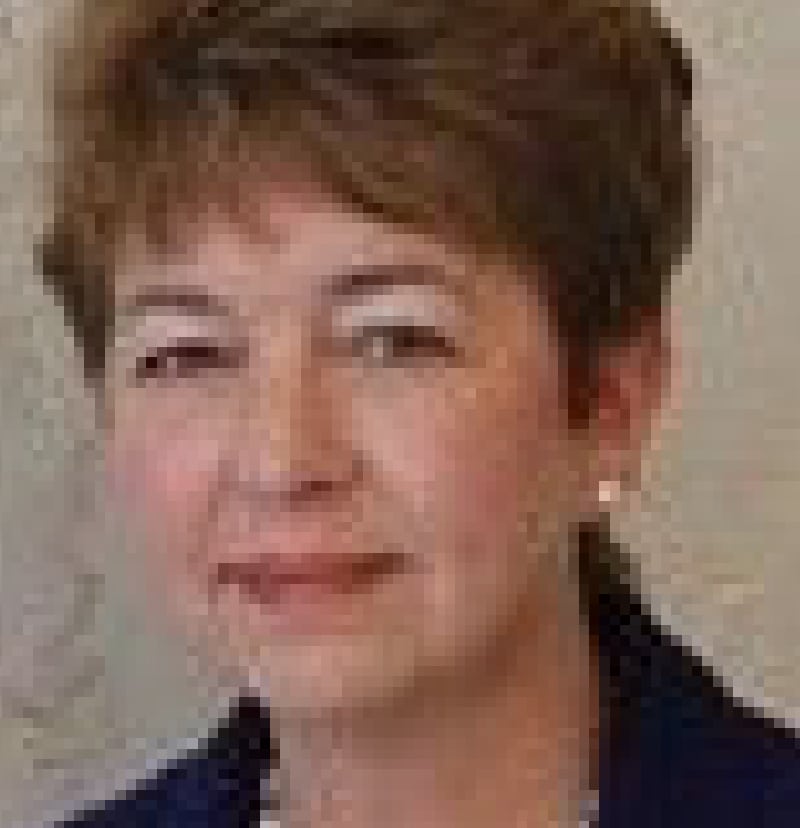
Ruth Downing
Mary Suchetka
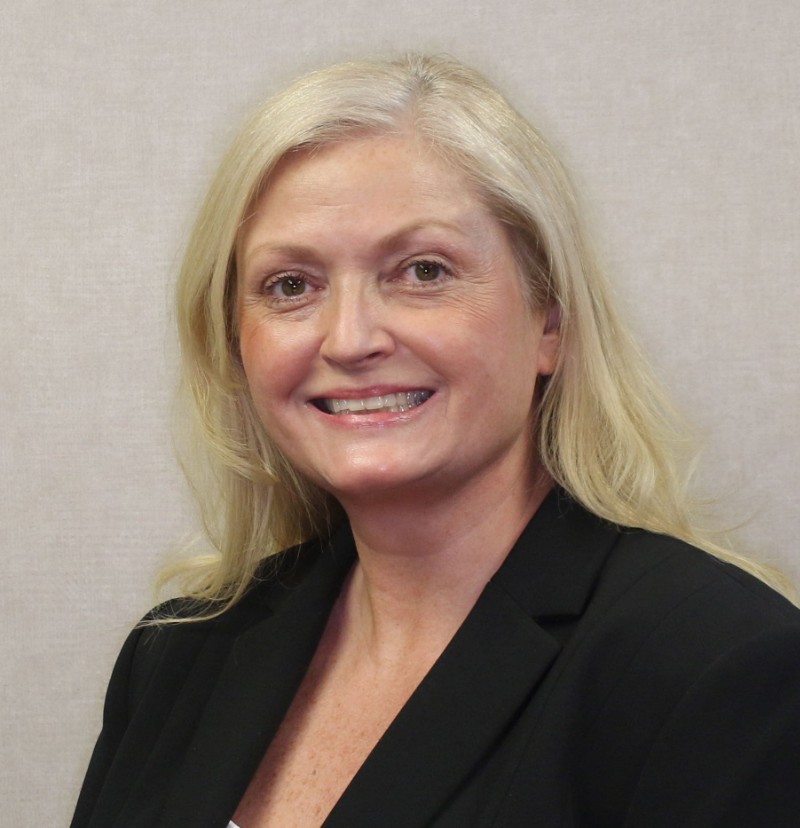
Angie Alexander
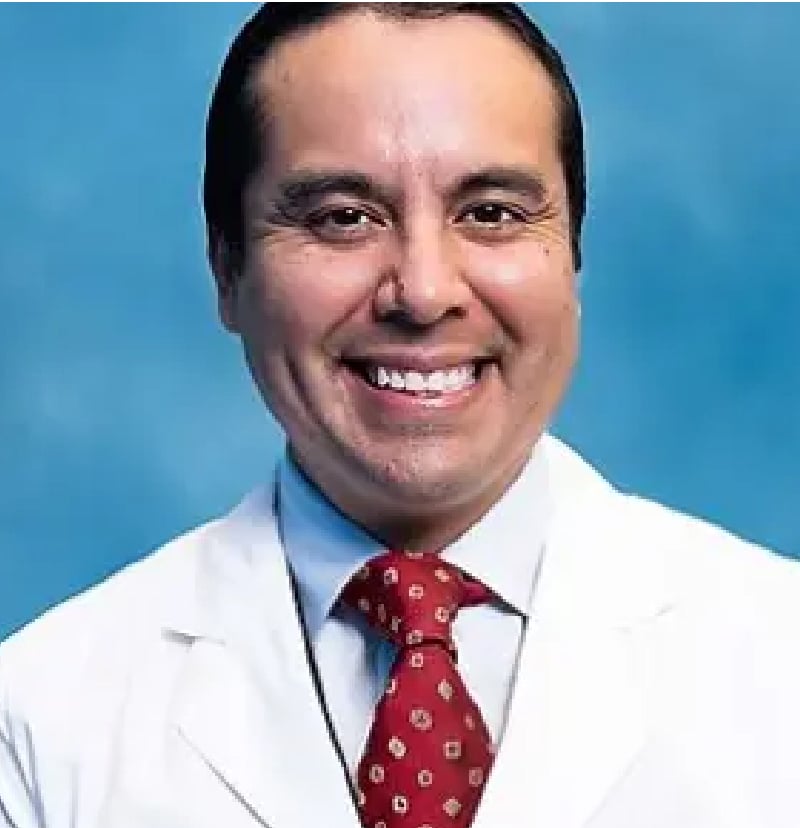
Dr. Marcos Sosa
Sarah Evans
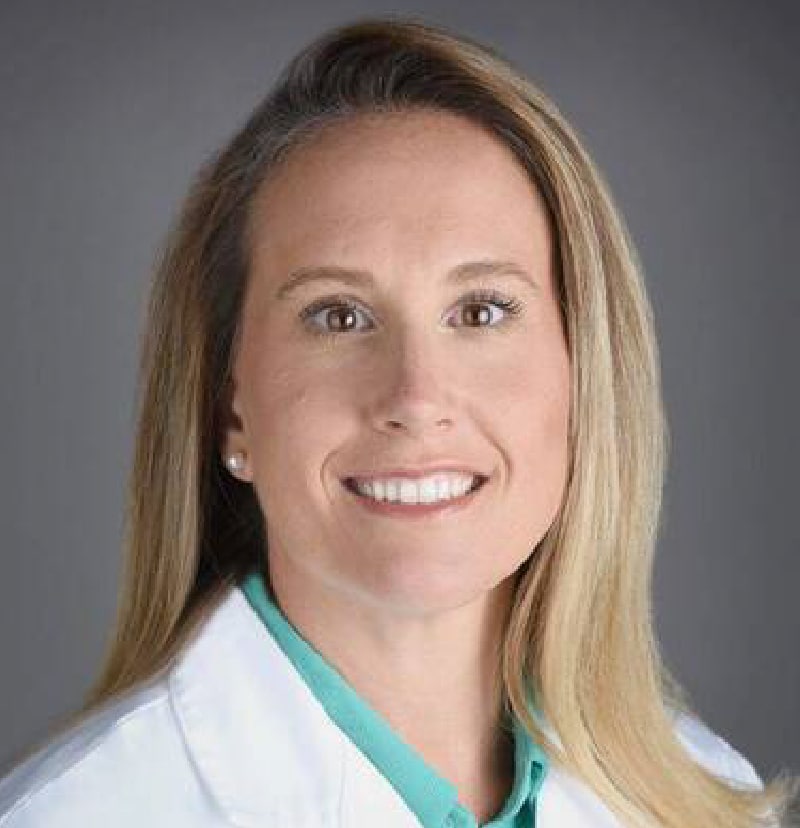
Heather Waleski

Dr. Jacqueline Sosa
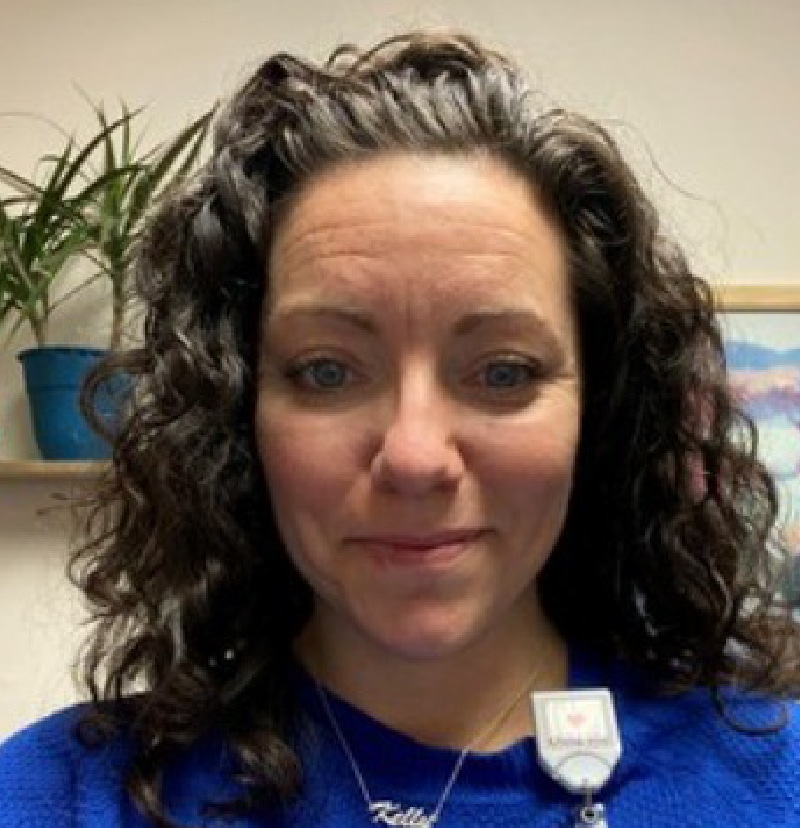
Kelly Moriarty
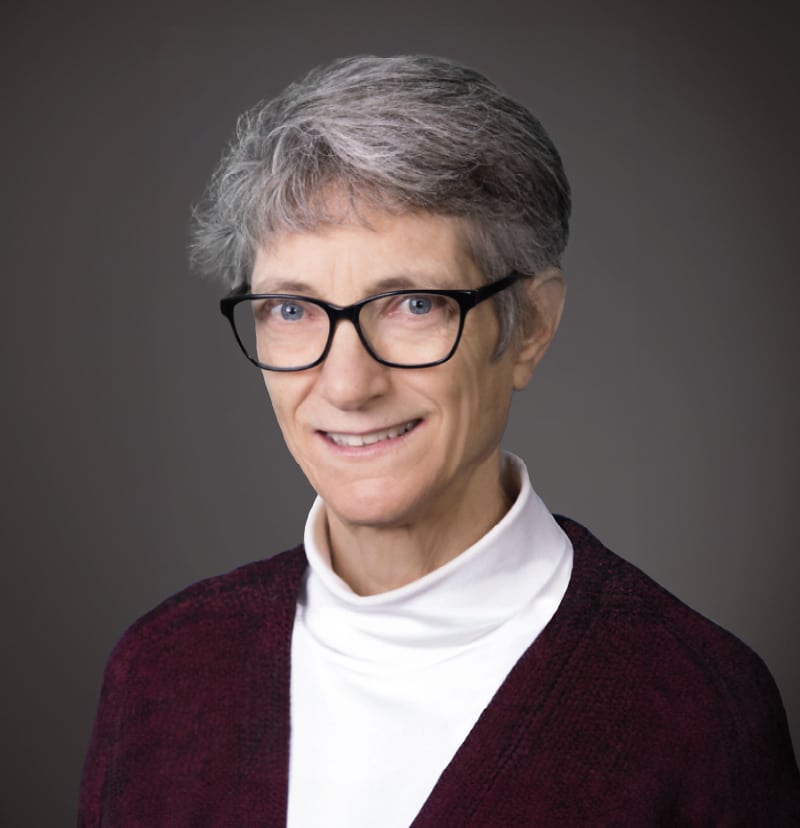
Dr. Jordan Greenbaum
Cory Orosz
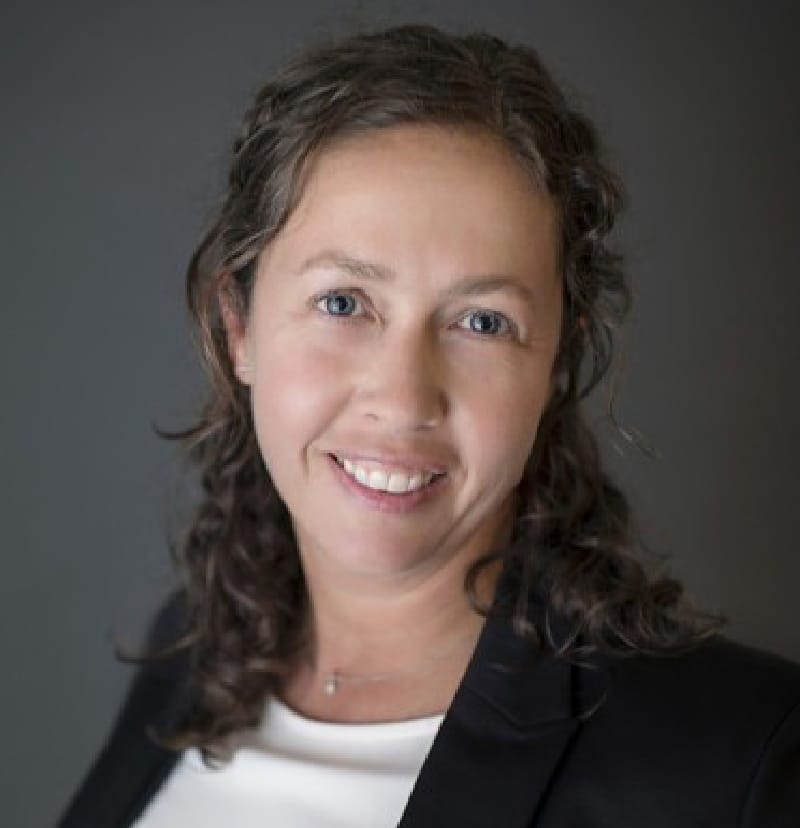
Rikki McDaniel
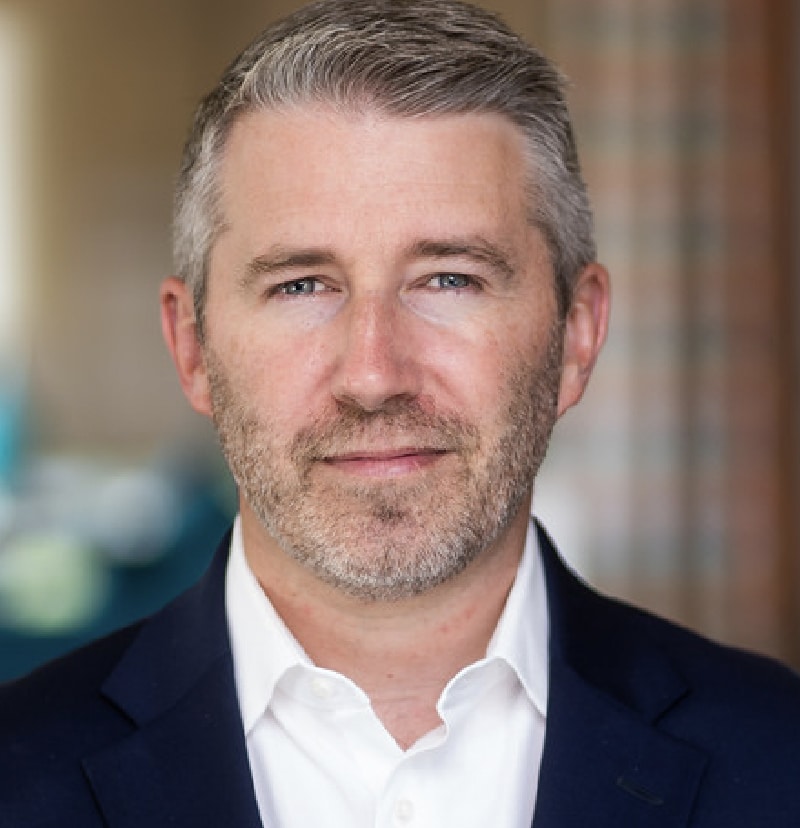
Derik Timmerman

Brittany Dunn

Kristi Wells
FAQ: Human Trafficking Training for Healthcare
What is human trafficking training for healthcare providers?
Human trafficking training for healthcare providers educates them on how to identify, support, and report potential trafficking victims in healthcare settings.
Why is human trafficking education important for healthcare providers?
What is the role of healthcare providers in combating human trafficking?
Healthcare providers play a crucial role in identifying victims, offering medical care, and connecting them with resources to escape trafficking.
What topics are covered in human trafficking education for healthcare providers?
How does human trafficking impact healthcare?
Are there specific courses on human trafficking in healthcare?
Yes, courses like the H.O.P.E. training and Health and Human Services human trafficking courses are available to healthcare providers.
Is human trafficking training mandatory for healthcare providers?
In some regions, it is mandatory for healthcare practitioners to complete human trafficking training as part of their continuing education.
How can healthcare providers apply their training in real-world situations?
Providers use their training to recognize signs of trafficking, provide trauma-informed care, and report cases to authorities.
Can healthcare providers earn continuing education credits for human trafficking training?
Yes, many human trafficking training courses for healthcare providers offer continuing education credits (CEs).
What is the impact of human trafficking on healthcare systems?
Human trafficking places a significant burden on healthcare systems, requiring providers to address complex physical and mental health needs.
How can healthcare providers support trafficking victims after identification?
They can offer medical care, connect victims with social services, and provide information on legal rights and resources.
What resources are available to healthcare providers for ongoing education?
Resources include protocols, referral networks, helplines, and continuing education courses specific to human trafficking and healthcare.
How does the Health and Human Services human trafficking course benefit healthcare practitioners?
It provides specialized training to help practitioners recognize and respond to trafficking within their healthcare practice.
What is the importance of trauma-informed care in human trafficking and healthcare?
Trauma-informed care is essential for treating trafficking victims, ensuring that their care is sensitive to their experiences and needs.
How can a healthcare facility implement human trafficking training for its staff?
Facilities can partner with accredited training providers to schedule sessions, offer online modules, and ensure all staff are trained.
It’s Our Fight
Your support is crucial in equipping healthcare providers with the knowledge and tools they need to combat human trafficking. By donating today, you help expand life-saving training programs like H.O.P.E., ensuring that healthcare professionals can identify, support, and protect trafficking victims. Donate Now to empower those on the front lines of care and create a safer world for all.



